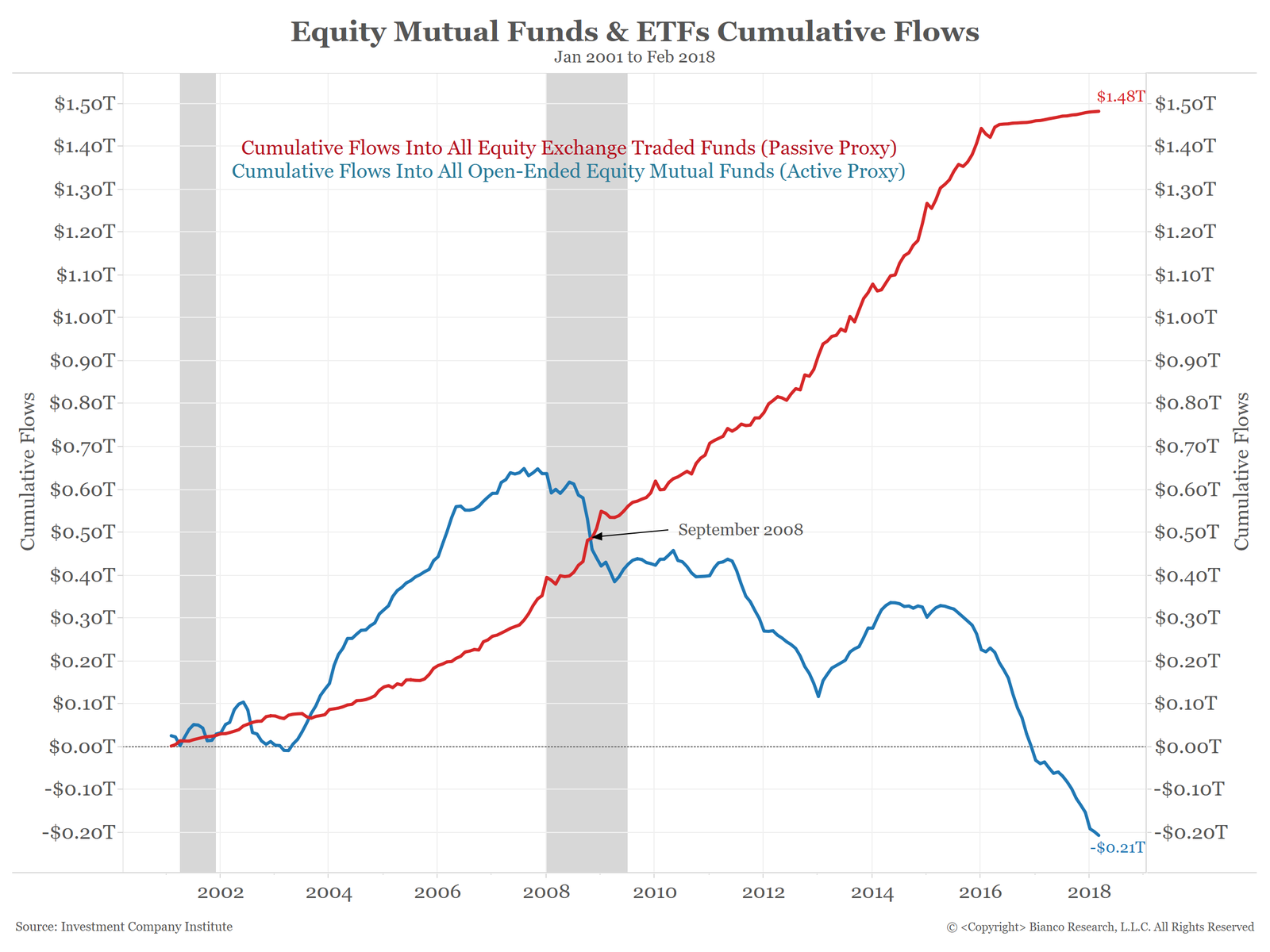Other duties as assigned: How about 'Micro-influencer?'
Calling your attention to a super read over at The Atlantic titled 'Employers are Looking for 'Influencers' Within Their Ranks' that describes the relatively recent phenomenon of employers enlisting 'real' employees for what are, mostly, low-tech, minimal production values, and hopefully authentic advertising and branding campaigns. In what reminded me of the seemingly ubiquitous trend on TV spots where car companies tout their casts of 'Real people, not actors', The Atlantic piece breaks down how Macy's has recruited dozens of real and often front-line workers in their Macy's 'Style Crew' campaign where these workers share updates, pics, and videos showcasing Macys fashions as well as sharing some of their own lives as well.
A great example of a Macy's Style Crew Instagram post is embedded below, (if you can't see the image in email or RSS, you may need to click through)
You can see from this pic, and from the several dozen others I looked at with the #macysstylecrew hashtag, that most of the pics achieve what Macy's is after from this campaign - grass roots, believable, authentic, and perhaps most importantly, inexpensive branding and advertising for the business.
In a world where consumers tend to trust brand messages less and less, and "official" Instagram and other social media Influencers are charging higher and higher fees for sponsored posts and produce mentions, Macy's is trying a different approach, one that calls to action participants that it has more control and influence over - the company's own employees.
The upside for Macy's? Hundreds, perhaps thousands of quasi-independent voices sharing content and information about the brand's products, in a casual, "real" way, and the opportunity to build stronger bonds between the company and their customers, (and employees).
The upside for Macy's employees in the Style Crew? It is a little less clear, to be honest. The Atlantic piece does mention some kind of compensation for these participants, (it is not apparent how much or in what form the compensation is delivered). They also stand a chance, with interested and enthusiastic participation to get noticed by higher ups at Macy's, I guess there is some value to that. And last, if nothing else, they get to have a little fun at 'work' - posting selfies of your daily outfit before you head to the office or store is kind of a thankless job, (that's why I stopped doing that myself). Injecting a little brand ambassadorship into the equation makes it somehow (maybe?) less inane of a practice.
In the modern, gig economy we are all always hustling. For some Macy's employees, that includes when taking selfies.
Have a great day!

 Steve
Steve


